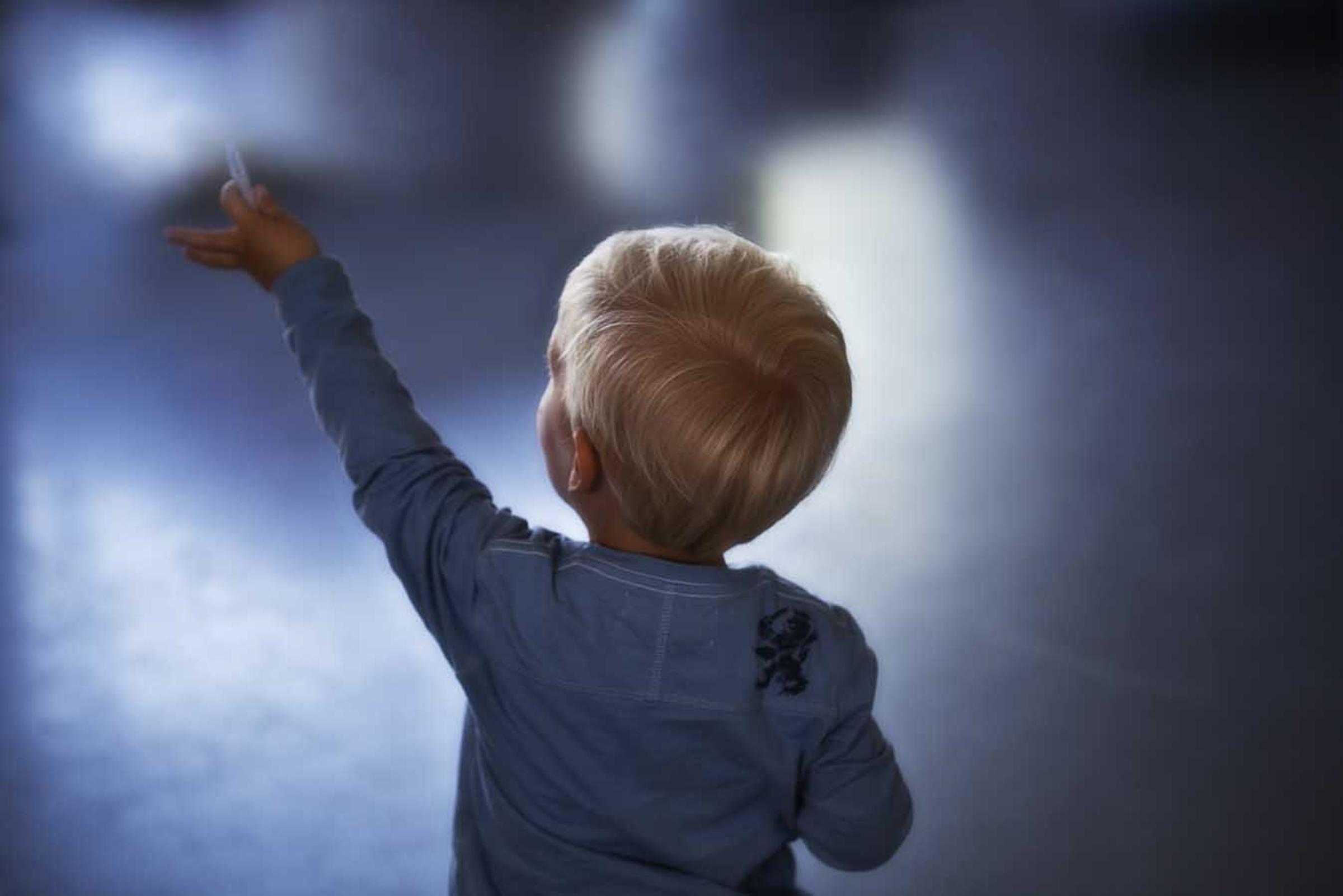Wellbeing

Twilight Market
Unfortunately we have had to cancel this year’s Twilight market due to Covid restrictions and guidelines. We are all disappointed but hopeful of a bigger and better market to celebrate in 2022.
Transition back to school
We are all very excited about our Junior students returning to school for learning next week, with our senior students coming soon after. However, some students might find the transition back to school challenging.
Most children are very excited about seeing their friends again but will need to build their stamina to work at school all day, some may have difficulty with re-connecting with their friends and some may miss the comforts of home.
The following article, taken from the Parenting Ideas website, written by parenting expert Michael Grose, is all about successfully transitioning students back to school.
"Home-schooling of students in lockdown states and territories is nearing an end. For parents, many of whom have discovered just how complex teaching can be, the return to school will be a welcome relief. For children, going back to school may bring a mixed set of feelings. Eager anticipation about reconnecting with friends and teachers will probably be accompanied by a level of anxiety about what school may be like upon return.
School continues to be an evolving experience for students. For a start they’ve just experienced a prolonged period of remote learning and an absence from their friends, which will take time to process when they return to school.
With organised extra-curricular activities put on hold most children have had a great deal of free time, which has placed the locus of control firmly in their hands. Many kids will grieve their lack of freedom, as they’ve had a glimpse of what an unstructured life is like. It may take some time for them to get back into the swing of being physically on campus for school.
With the return to campus approaching here are some sensible strategies to make the adjustment easier for students.
Get ready for a return
Worriers and anxious types in particular like to know what’s ahead so your approach will make a difference. Prepare your child for a return by discussing the safety procedures the school will be implementing. Let young children know that an adult won’t be accompanying them past the school gate. Ask your child what they are looking forward to and check in with how they are feeling about a return. Validate any fears and apprehensions and correct any misconceptions.
Go slowly
This period will mirror the start of the school year when your child had to adjust to new teachers, different classmates and a new year level. Adjusting to change takes a great deal of personal energy, so you child or young person may become tired, grumpy, even moody at home. Make allowances for these personal changes and make sure they have plenty of free time to unwind after school.
Focus on reconnection
Make reconnection the theme for your child’s return to school. He or she will have to reconnect with friends, teachers and learning, which takes time. In all likelihood, your child’s teachers will use many strategies to help your child connect with their friends, reflect on their time at home and move them back into full-time learning mode. Support these activities and keep your learning expectations for your child in check. It may take extra time for some children to adjust to their life back at school.
Stay calm
It’s easy for us as parents to take on our children’s worries and fears. The reverse is true, and kids can pick up our worries, taking them on as their own. As a buffer against anxiety ensure you do something each day that brings you some joy, whether it’s listening to music, going for a walk or having a coffee with a friend.
Look after yourself
For a prolonged period now, parents and teachers have been doing significant emotional labour. The learning and adjustment curves have been massive, with little time to relax and take a break. Consider your own emotional resources and make your wellbeing a priority, which will make it easier for you to stay calm if your child experiences difficulties.
Communicate confidence
It’s a fine line that many parents walk between being flippant (‘you’ll be right’) and showing confidence (‘you’ll do okay’) when kids struggle to adjust to change. Children and young people want parents and teachers to understand their fears and anxieties and to coach them to negotiate difficulties including adjusting to change. You can support your child through sharing stories of resilience, focusing on the positives and letting them know that will eventually adjust.
The pandemic continues to serve up many difficulties, and we’ve all been forced to adapt quickly and repeatedly to new situations. Flexibility is a prime characteristic of resilient people, so if nothing else, getting through these challenging times will make us all more resilient.
Michael Grose Michael Grose, founder of Parenting Ideas, is one of Australia’s leading parenting educators. He’s an award-winning speaker and the author of 12 books for parents including Spoonfed Generation, and the bestselling Why First Borns Rule the World and Last Borns Want to Change It.
Michael is a former teacher with 15 years experience, and has 30 years experience in parenting education. He also holds a Master of Educational Studies from Monash University specialising in parenting education.
The Resilience Project
Our focus for the Resilience Project this term is Mindfulness.
Mindfulness is about practising a moment-to-moment awareness of thoughts, feelings, bodily sensations, and surrounding environment – with curiosity, and without judgement.
Research has found that the practice of Mindfulness can lead to improved mental and physical health and help children to focus their concentration. Try to practice some Mindfulness every day. Here are a few ideas from the Headspace website. https://www.headspace.com/mindfulness/activities-for-kids
Breathing
Focusing on the sounds of their own breath and motion of their bellies rising and falling helps children learn to be in the present moment.
Create a mindful bedtime ritual
A regular mindfulness ritual at the end of the day can help your child to calm their body, reflect on their day, and set them up for better sleep. One way to do this is with a short body scan: have your child close their eyes and focus on their head, arms, belly — working their way through all the body parts. Or, they can do a simple gratitude meditation by having them share one thing they're thankful for.
Take a walk
Walking isn't only a great way for kids to practice mindfulness and notice the present moment, but they also get exercise and fresh air. On the walk, take a few minutes to be completely silent and pay attention to all the sounds that you hear: passing cars, wind rustling dry leaves, a dog barking. Afterwards, talk about what everyone heard, and how that made each other both feel.
Eat a snack … mindfully
Mindful eating is a practice that engages all 5 senses, and it’s fun and easy to do. Before eating a snack, ask kids to think about its appearance, shape, size, color, smell, and texture. Then, when they place it in their mouths, think about the sensation and the process of eating it. By learning to slow down and notice food, kids are more likely to savor it, digest better, and enjoy the meal more.
You might also find this video helpful in explaining how to practice Mindfulness with your children. https://www.headspace.com/mindfulness/activities-for-kids
Support for parents supporting children with anxiety
The Victorian Government has enabled free access to the Triple P Positive Parenting online programs aimed at Victorian parents to support children experiencing anxiety.
There are three online modules aimed at parents of children aged 0-16 years experiencing anxiety, anger and depression.
Access the website here.
I look forward to seeing all the children back at school in Term 4. If you have any concerns about the wellbeing of your child, please do not hesitate to contact me.
Rachel Lenko
rlenko@sfslynbrook.catholic.edu.au
Student Wellbeing Leader


